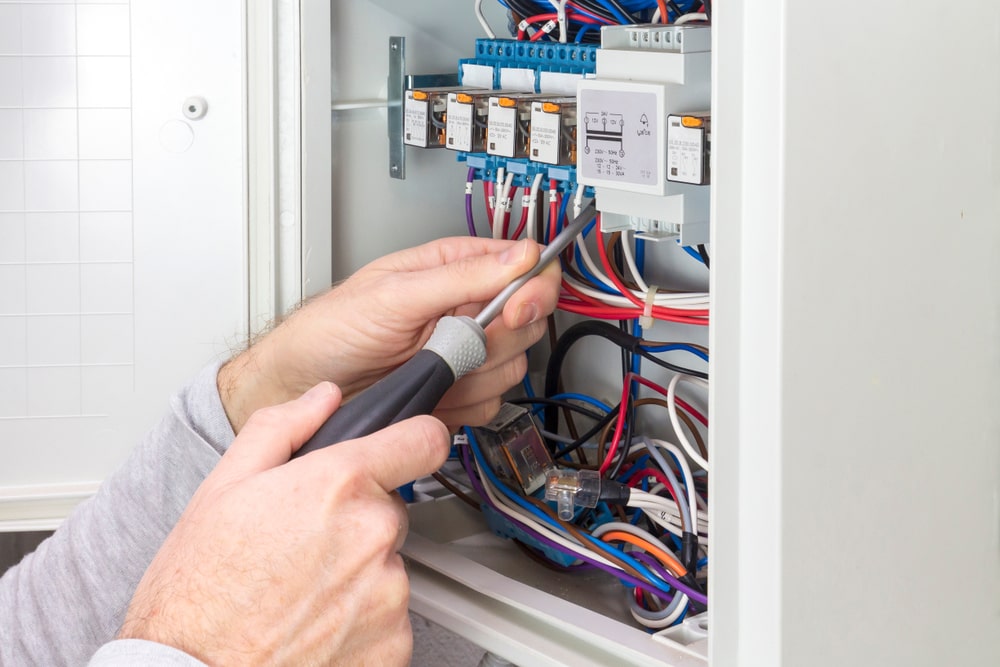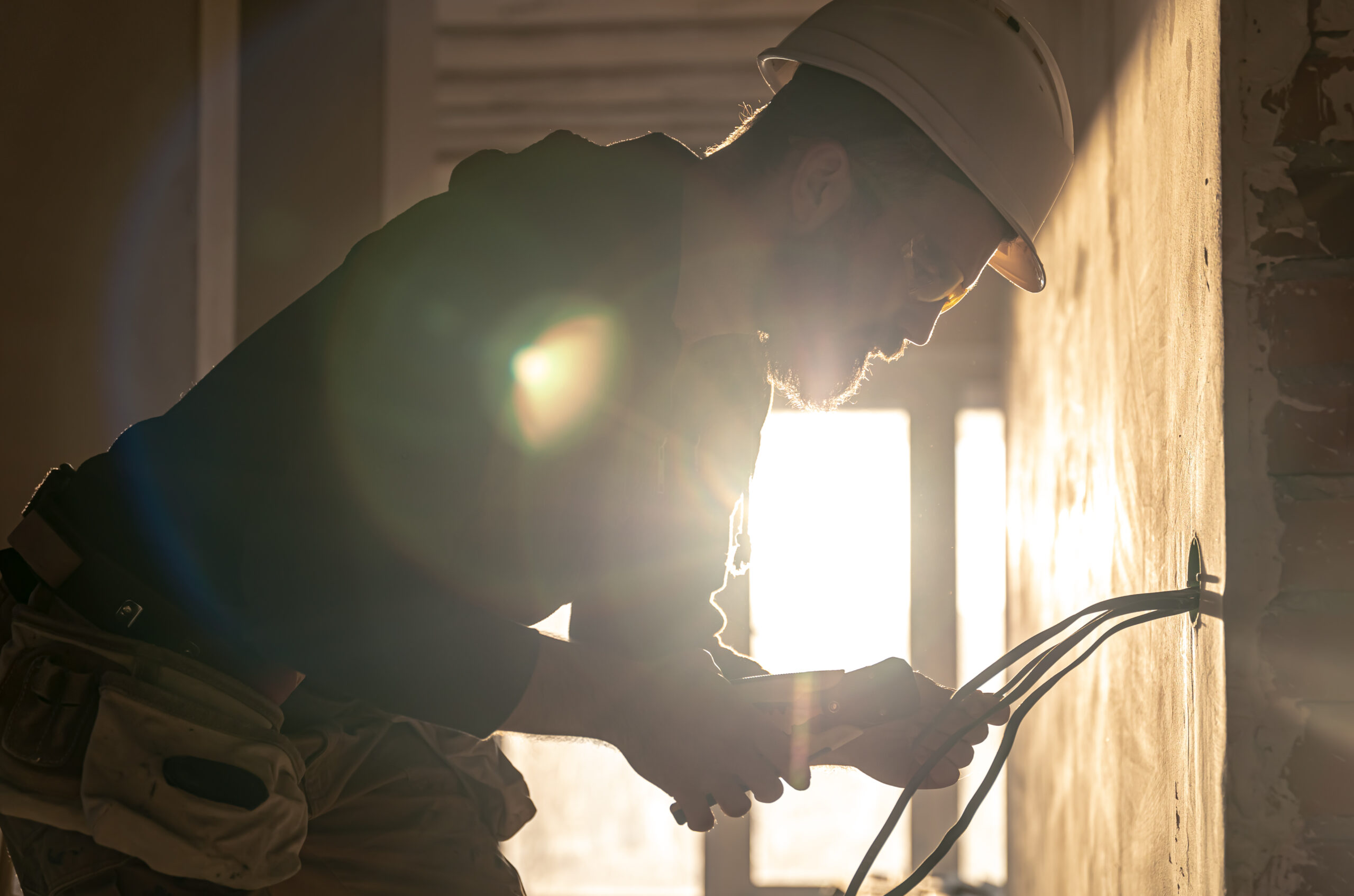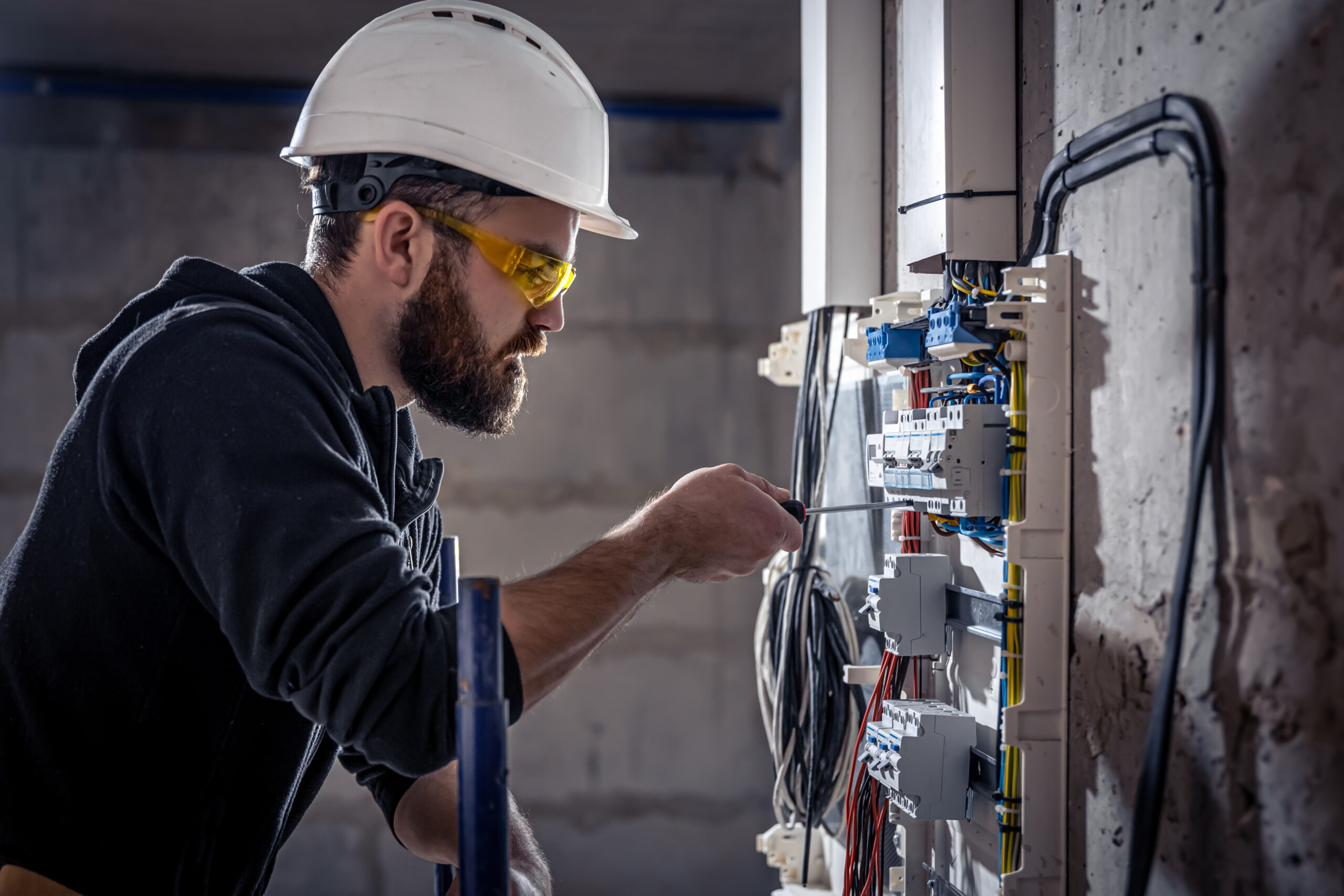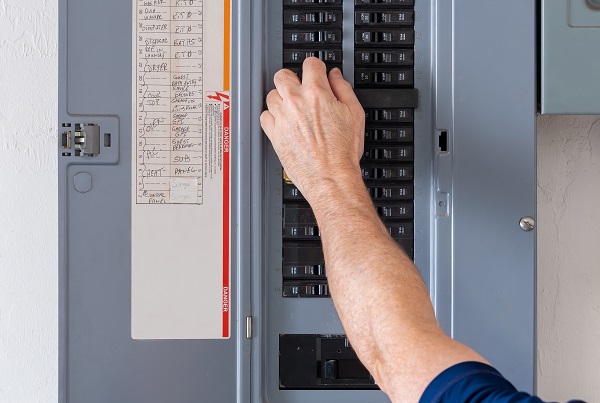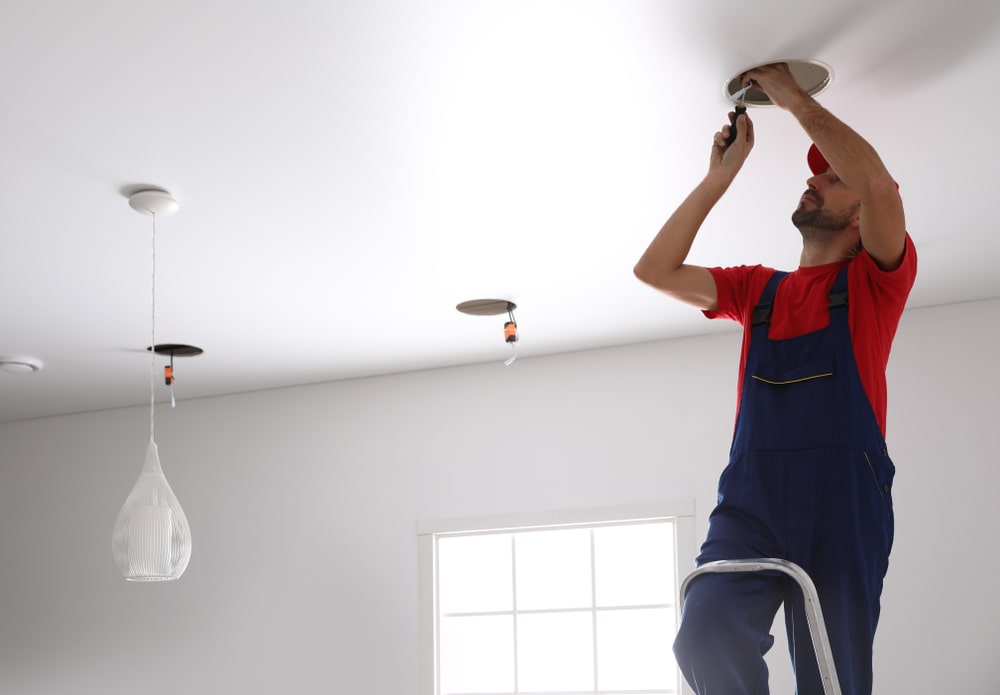Tips for staying safe in Dallas during the summer
In Texas, summers are hot.
We will see plenty of triple-digit temperatures in Dallas over the coming months. Summer temperatures are rising, so staying safe and cool is crucial.
Every year, hundreds of people die as a result of high temperatures. There are preventable causes of heat-related death and illness in the United States, yet more than 700 people are killed each year by extreme heat.
Keeping cool, staying hydrated, and staying informed are essential. Overheating can cause sickness. You can get sick when your body cannot compensate for the heat and cool you down appropriately. It is important to note that the following factors affect your body’s ability to cool itself during scorching weather:
- An extremely high humidity level. Sweat won’t evaporate as quickly when the humidity is high. As a result, your body may be unable to release heat as fast as needed.
- There are personal factors involved. The heat a person can handle depends on a person’s age, obesity, fever, dehydration, heart disease, mental illness, poor circulation, sunburn, and prescription drug and alcohol use.
Whenever you are working or playing outdoors, find shade and take lots of breaks. Pets and children should never be left in your car. The highest risk group is people 65 and older, children younger than two, and those suffering from chronic diseases or mental illness. You should closely monitor people who depend on you for their care. It is wonderful to bask in the sunshine, but extreme heat can be fatal for young and old, pregnant women, and those with chronic diseases. There’s no escaping the heat, both outside and inside.
Drinking water is a given, but many other ways to stay hydrated exist. Changing your bedding are no-sweat ways to stay cool this summer. You can enjoy the breeze with a bowl of ice in front of a fan if it is hot but not humid. The ice will cool you as it melts and evaporates. Cooling yourself off in the summer is as simple as spritzing yourself. Store a spray bottle in your refrigerator, and mist yourself whenever the weather gets hot. The water evaporates, and it cools you.
Whenever possible, wear thin, light-colored cotton that is loose and loose-fitting. It’s best if sweat evaporates directly from the skin to the air. There’s a strange truth about spicy foods: they’re good for cooling you off. The heat from spicy food increases blood circulation, which leads to sweating. Furthermore, sweating cools you down after it cools down.
Heat-related illnesses can be prevented by following these precautions:
- Aim to stay out of direct sunlight and in the shade
- During the day, limit outdoor activities between 10 a.m. to 4 p.m. since these are the hottest hours
- Dress in light colors and lightweight materials to get into gear
- Stay hydrated and drink lots of water
- Use sunscreen with a high SPF as often as possible
- Eat light meals to feel cooler
- Wipe your forehead with a cool cloth
- Avoid using your stove or oven if possible
- Turn on a Window Fan at Night
- Whenever possible, stay in an air-conditioned indoor location.
If you are experiencing any electrical problems in your homes then visit Blessed Electric today for an expert to come out and help with any service needed!


